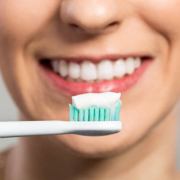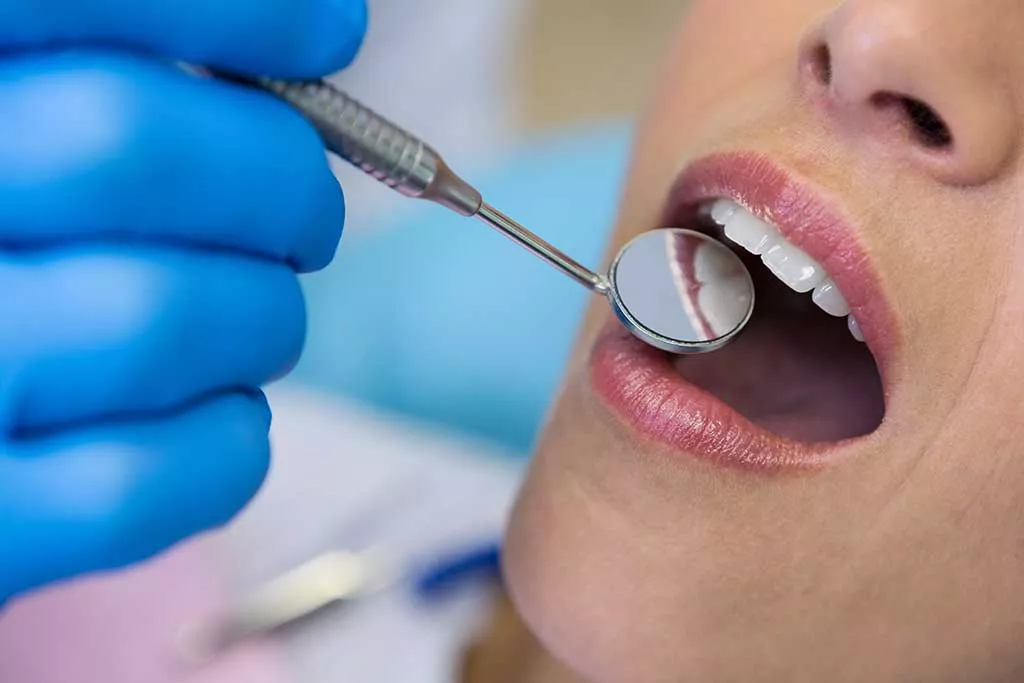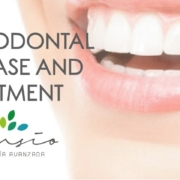Revolutionizing Dental Implant Surgery: The Power of Mindfulness Meditation
Dental implant surgery, while a common procedure, often invokes significant anxiety among patients. This anxiety isn’t just about discomfort; it’s a physiological reaction that can have far-reaching implications, especially for individuals with cardiovascular conditions. The sympathetic nervous system kicks into overdrive, leading to increased heart rate and blood pressure. But what if there was a way to mitigate this anxiety, not with medication, but through the power of the mind?
Understanding Mindfulness Meditation
Mindfulness Meditation (MM) has emerged as a beacon of hope in this regard. Known for inducing relaxation, MM works by ramping up the parasympathetic tone and dialing down the sympathetic activity. It’s not just a practice of relaxation but a focused form of mental training that cultivates nonjudgmental awareness of the present moment. This practice has been gaining traction not just in general wellness circles but also in clinical settings.
The Clinical Trial: A Closer Look
In a groundbreaking study, researchers put MM to the test in the context of dental implant surgery. Conducted as a randomized controlled trial, the study aimed to measure the impact of MM on patients undergoing this procedure. Parameters like the State-Trait Anxiety Inventory (STAI-S), bispectral index (BIS), cortisol levels, and various cardiovascular metrics were assessed to gauge the effects.
Findings: The Impact of Mindfulness on Dental Anxiety
The results were nothing short of remarkable. Participants who practiced MM showed significant improvements across the board. Their BIS scores, a measure of sedation levels, decreased notably, indicating reduced anxiety. Physiological measures echoed these findings, with heart rate, blood pressure, and cortisol levels – all markers of stress – showing considerable improvement. What’s more, these participants experienced an uptick in oxygen saturation, a vital sign of improved cardiovascular function.
Going Beyond Traditional Sedation
The implications of these findings are profound. In the realm of dental surgery, anxiety management often hinges on pharmacological sedation. While effective, these methods are not without risks and side effects. MM offers an alternative, a non-pharmacological pathway that is not only safer but also enhances the patient’s overall well-being.
Conclusion: A New Era in Dental Care
This study isn’t just about one clinical trial; it’s a beacon, pointing towards a future where mindfulness could play a pivotal role in medical procedures. For patients undergoing dental implant surgery, MM presents a method to manage their anxiety and stress, contributing to better overall outcomes. As mindfulness continues to weave its way into various facets of healthcare, its potential seems limitless.
For more information on this study, please refer to the original article: Turer, O.U., Ozcan, M., Alkaya, B. et al. The effect of mindfulness meditation on dental anxiety during implant surgery: a randomized controlled clinical trial. Sci Rep 13, 21686 (2023).









